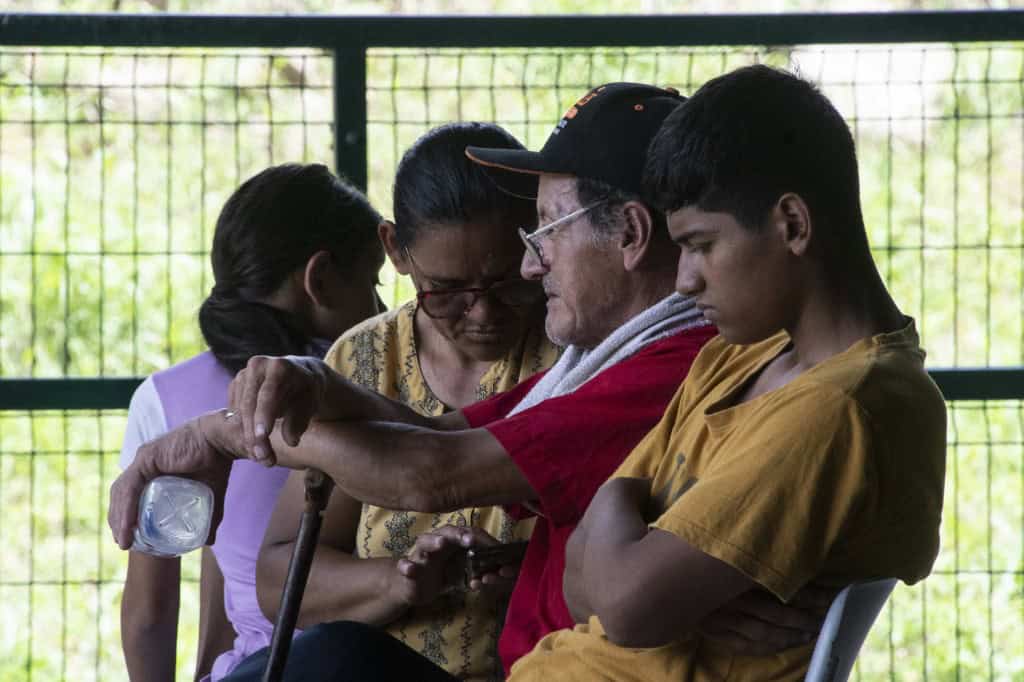Costa Rica, celebrated for its rainforests and beaches, is facing sharp criticism for its treatment of migrants. The Jesuit Migrant Service of Costa Rica (SJM-CR), supported by the Spanish Jesuit organization ALBOAN, has called out the country’s harsh policies, describing it as “a paradise for tourists but a hell for migrants.” The focus is on the Temporary Migrant Attention Center (CATEM) in Corredores, Puntarenas, where 200 deportees from the U.S.—including 81 children—were sent in February.
These migrants, from countries like Afghanistan, China, Iran, Russia, and Uzbekistan, arrived on two U.S. deportation flights, part of the Trump administration’s crackdown on illegal immigration. Many were handcuffed, unaware of their destination, and separated from family members. At CATEM, a former pencil factory near the Panama border, they faced detention for up to two months. Reports describe inadequate food, extreme heat, limited medical care, and no freedom of movement. Passports were confiscated, and access to translators was scarce, leaving migrants like Marwa, a 27-year-old Afghan woman, fearing death if returned to her homeland.
SJM-CR and partners, including the American Friends Service Committee (AFSC) and the Center for Justice and International Law (CEJIL), filed a lawsuit with the U.N., alleging Costa Rica violated the rights of 81 detained children. The facility, originally a voluntary shelter, became a detention center after a 2022 policy shift under President Rodrigo Chaves, who agreed to accept U.S. deportees in exchange for funding. Human Rights Watch criticized the lack of asylum options and transparency, noting that journalists and human rights groups were barred from CATEM.
In April, Costa Rica granted temporary humanitarian status to the detainees, allowing free movement, but the three-month permits offer no work rights, leaving many in limbo. SJM-CR’s Casa Arrupe, a small shelter in Paso Canoas, provides meals and internet access, offering some relief. “We’re moved by their resilience,” SJM-CR said, highlighting the work of local Christian groups.
The crisis reflects a broader U.S. strategy to offload deportees to Central America, with Panama and El Salvador also receiving flights. As Costa Rica deals with 300,000 migrants—7% of its population—advocates demand better protections and an end to detention deals.






